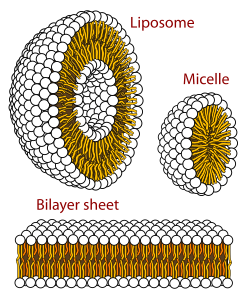Yazata
Valued Senior Member
The question is: When does life begin?
Life doesn't begin anew each time a new baby is conceived or born. Life is immortal and it has existed continuously since its mysterious origin in pre-cambrian times.
What happens is that human life keeps alternating between single celled haploid sperm and egg forms, and multicelled diploid organisms that kind of function as fruiting bodies for the production of more haploid cells. There isn't any point in that process when life is absent.
A rather different question inquires into when the unique genetic individuality of each new diploid generation first appears. I guess that occurs at conception.
Yet another question is when indepndent viability begins, when a fetus acquires the ability to live independently of its mother. That's sometime in late pregnancy for humans.
And yet another question inquires into when a new human personality begins. I guess that the answer to that one is sometime in early infancy, when a baby first becomes subjectively aware of itself.

